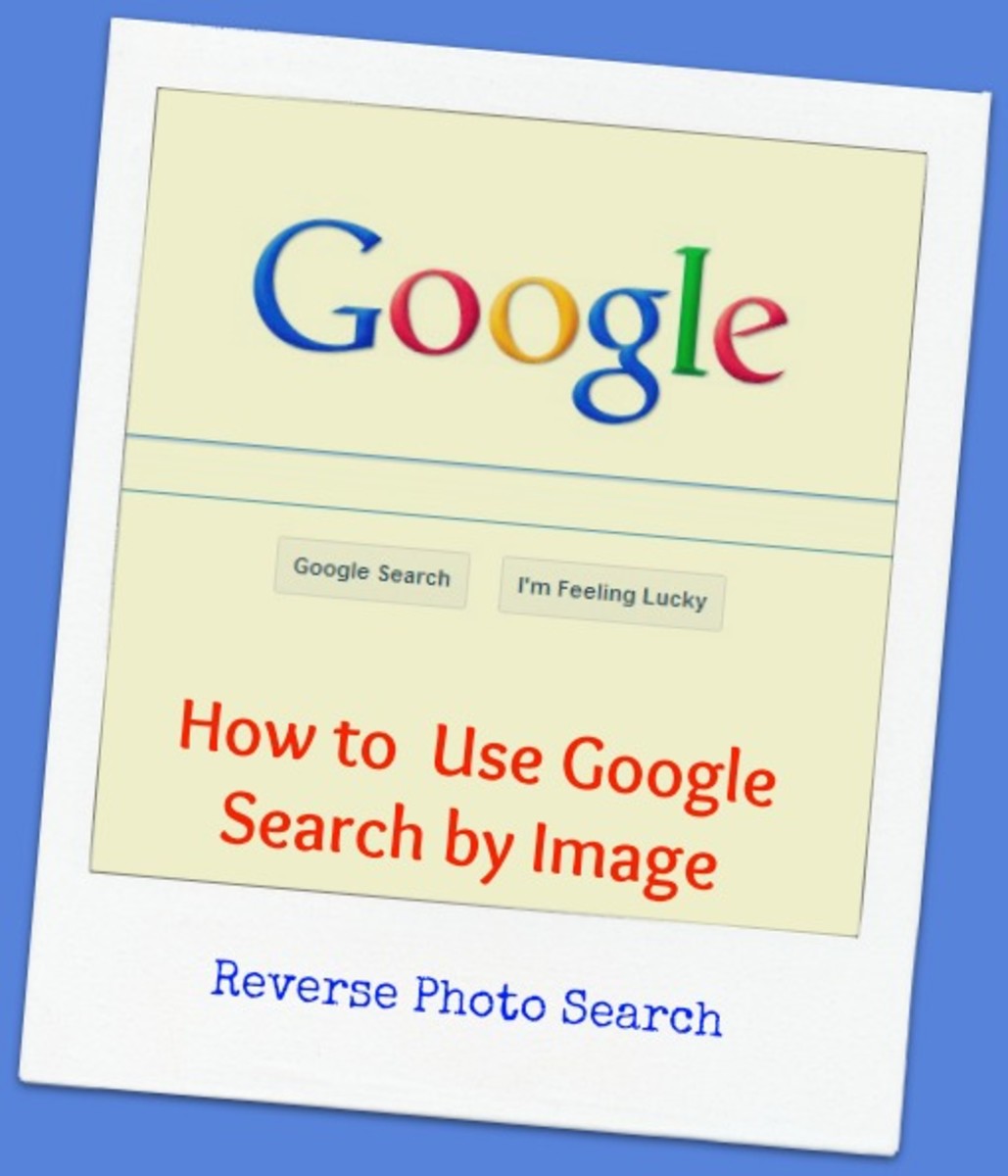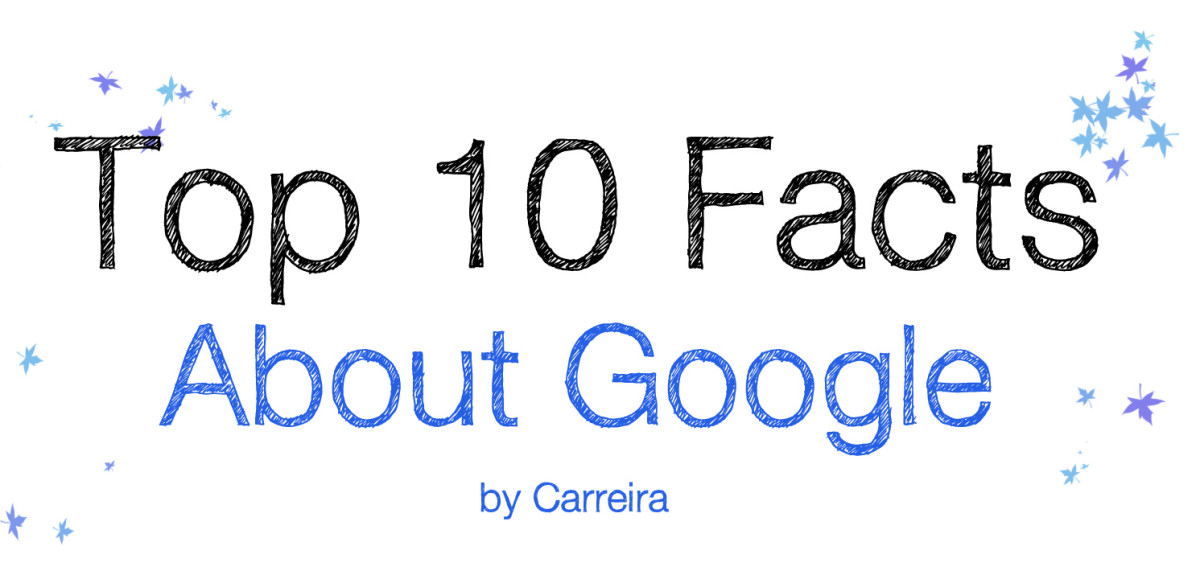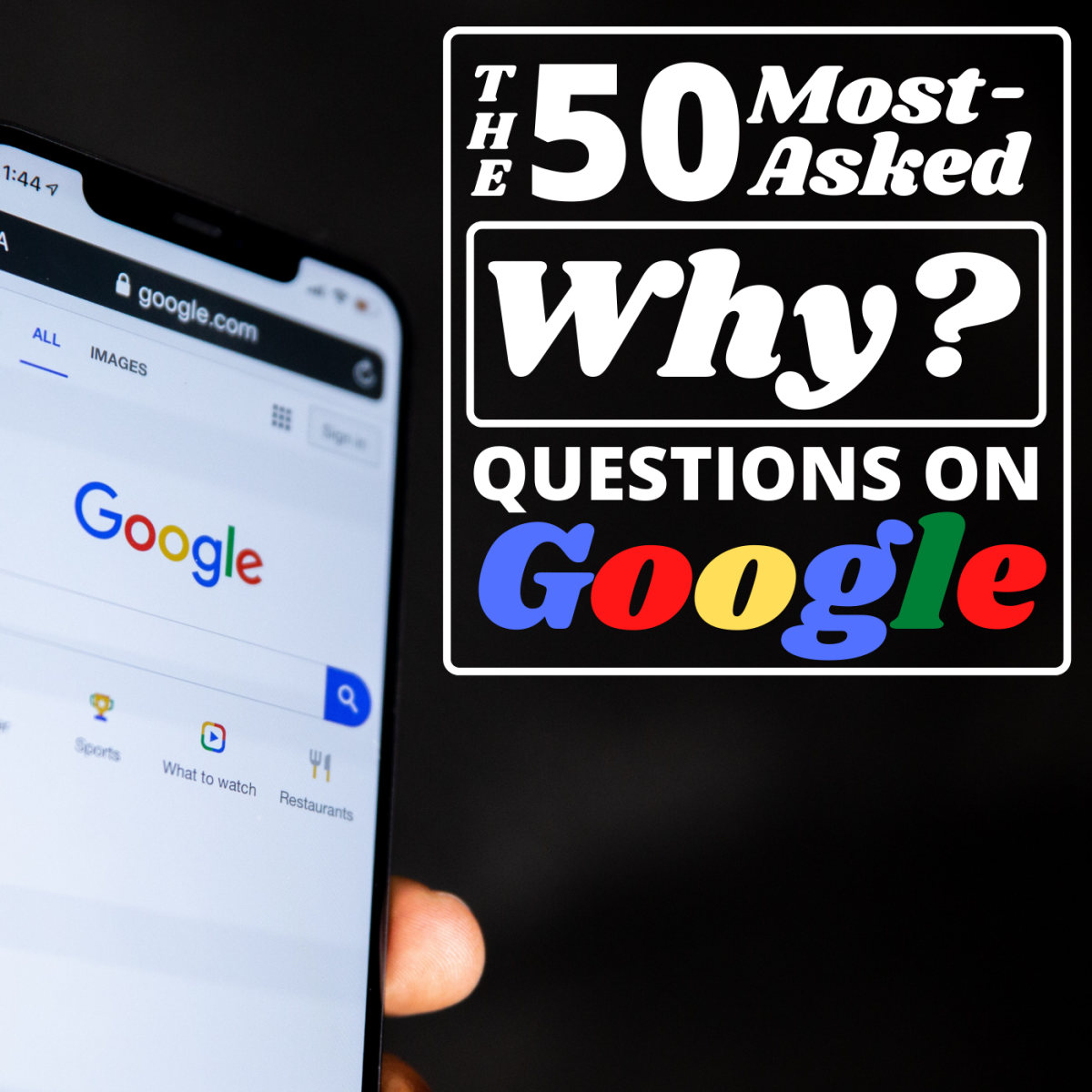- HubPages»
- Technology»
- Internet & the Web»
- Search Engines
Do We Rely on Search Engines?
Google, how is it harming us? This is affecting everyday life from an older generation to the younger groups. Google is also used to look up basically anything, an example is people that have been interviewed have asked if they can Google the answer because they forgot it, which seems to be a form of tech. ADD.
I decided to look up some statistics, but I did use Google. In 1998 the number of searches was 3,600,000 for that year and a daily search of 9,800. In 2000 the number was 22,000,000,000 searches a year, while the daily searches was 60,000,000. I couldn't find the reason why it was that high but I believe with all the new tech. people started finding out about Google and started using it. For the time frame of 2000 to 2007 I couldn't find the stats on them, but I believe most people didn't want to add in everyone that was searching on anything related to 9/11. What I found out was that for the entire year of 2014, there was 2,095,100,000,000 searches for that entire year, and 5,740,000,000 searches a day. The difference between now and the searches when they started is 2,095,096,400,000 (Smartbrain.com). That does say that we have become more reliant on Google to basically solve all our answers that we have. With this in mind it makes me wonder what it's going to be like in the future.
Along with people looking up things on Google that many times, some people have been interviewed on the streets by different groups to conduct surveys to show how certain devices, and technology such as Google is affecting us. Most of the people when they was asked simple questions like a state's capital, who the president was, and other questions like that a lot of people asked if they could use Google to answer that. Nichols Carr has his own idea about that as he says, "For me, as for others, the Net is becoming a universal medium, the conduit for most of the information that flows through my eyes and ears and into my mind" ( Carr 94 ). I believe that is one of the best ways of explaining what it's like in the technological world that we are in today.
If people back in the day said TV will rot your brain, then what does Google do to the brain or the person? I believe that you could make a new way of saying it in one of two ways. One way is to say that most to all of us have a form of technological ADD, meaning we can't concentrate on one thing or another. Someone could be on a website, not paying too much attention, then something might catch their eye and they go from website to the next, not even sitting on one of them too long. Another way of looking at this is almost the same way people used to say TV would rot your brain. That way is that, Google melts your brain, and turns it to mush, leaving it useless and incapable of storing or retaining new and old information that we should just know to begin with. I might be repeating myself but I am truly worried how it's going to be for most people in the future, but mainly young kids starting out in school.
In the end of it all that is some of my ideas why Google is doing more harm then good. In some cases I believe in it's own way this is making such things like papers and books obsolete. It is also making it hard to actually learn and retain knowledge, rather then just going on Google and searching it up, and not learning anything from it. Along with that will be some of the new technologies that are coming out that some people have heard about. Also one last quote from Mr. Carr that should give an idea about all of this too, "That's the essence of Kubrick's dark prophecy:as we come to rely on computer's to mediate our understanding of the world, it is our own intelligence that flattens into artificial intelligence" (Carr 101).
Works cited. Carr, Nichols. "Is Google Making Us Stupid?" 50 Essay: A Portable Anthology. Ed: Samuel Cohen. Boston: Bedford/St. Martian's, 2014 91-101. (Print).
Harden Seth. Smartbrain.com Statistic Brain Research Institute (Web).








